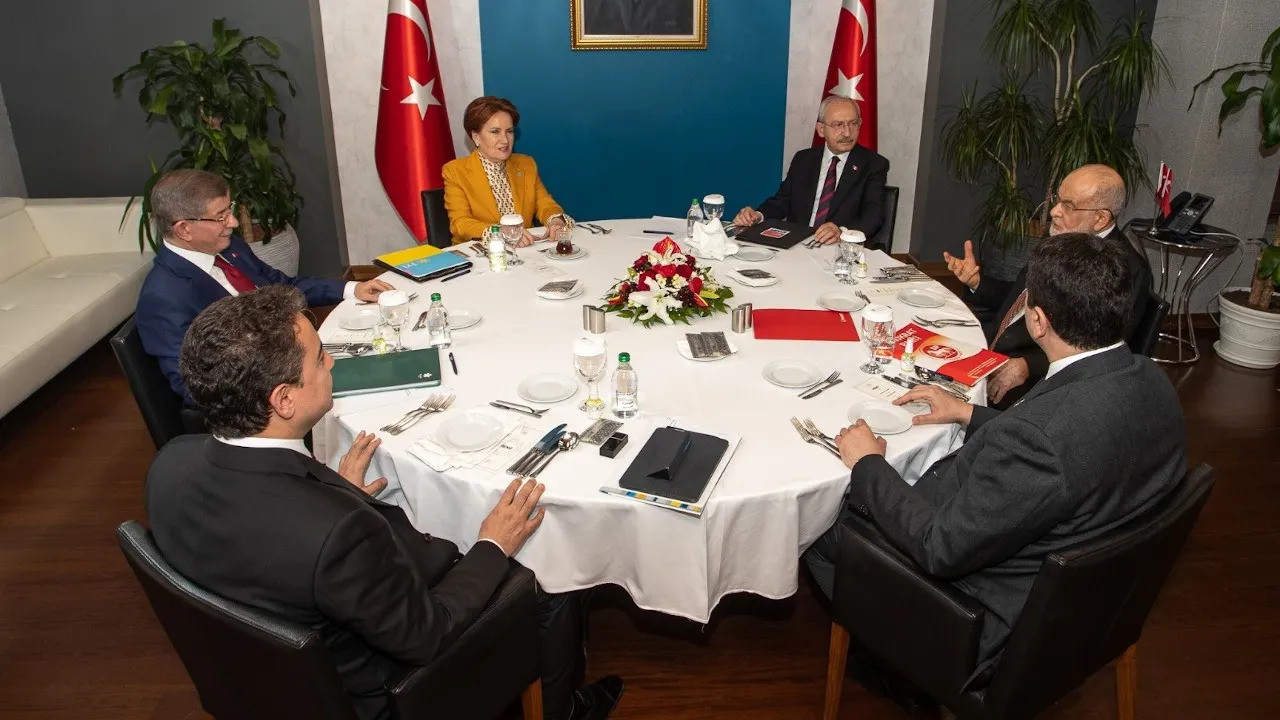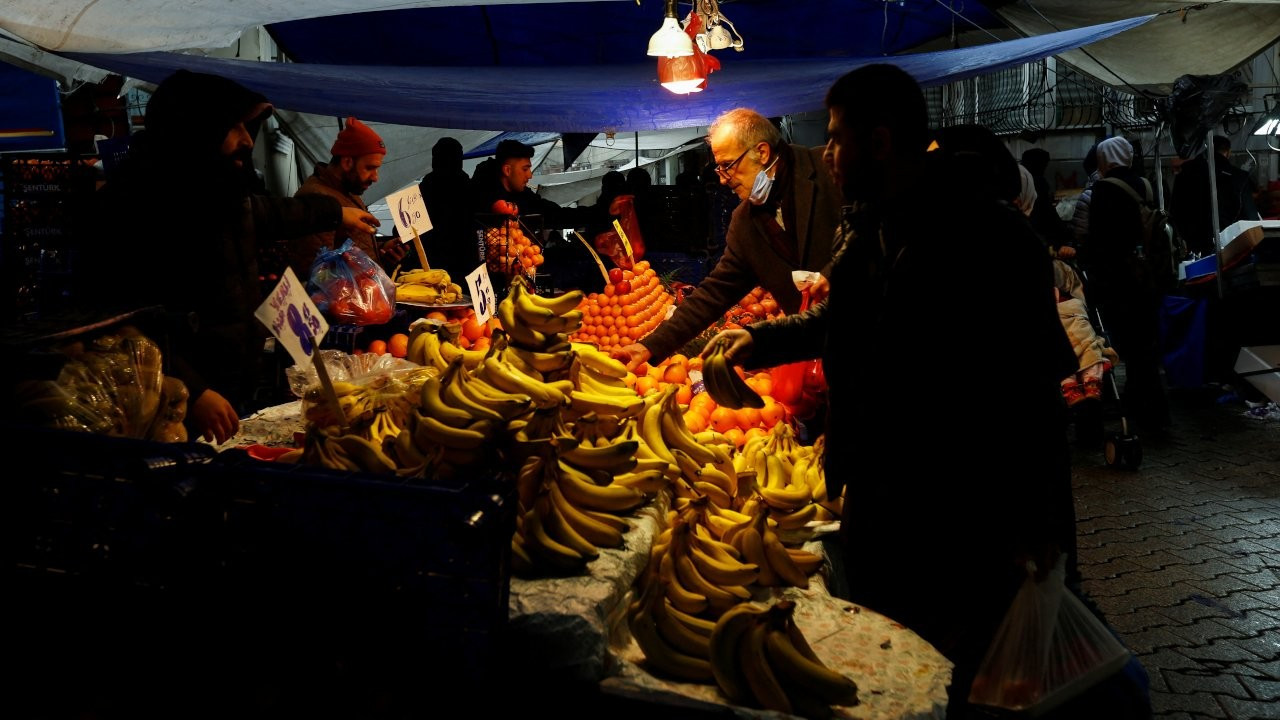Ex-Erdoğan ally Babacan says will run for presidency if opposition fails to field joint candidate
DEVA leader Ali Babacan has announced that he will put forward his candidacy for the presidency if the opposition coalition fails to agree on a joint candidate.
Barış Avşar / DUVAR
Democracy and Progress Party (DEVA) leader and former deputy prime minister Ali Babacan has said that he will run for the presidency if the opposition fails to coalesce behind a joint candidate to run against President Recep Tayyip Erdoğan during the 2023 general elections
Babacan made the comments as he answered the question of reporters following a rally in the southeastern province of Gaziantep at the weekend.
Asked if he "will run as a deputy" in the upcoming elections, Babacan said: “One of the issues that the six [opposition] parties is working on is the road map to the transition period. There is no agreement yet with regards to the transition period's road map...Would there be an agreement in this six-party table under normal conditions? Would there be a joint candidate? Although our aim is to field a joint candidate, if this does not happen, my candidacy will be not for deputyship, but for the presidency.”
The leaders of the main opposition Republican People’s Party (CHP), İYİ (Good) Party, Felicity (Saadet) Party, Democrat Party, DEVA and Future Party are working together on the return of what they say will be a “strengthened” parliamentary system. In February, they signed a statement in which they vowed to restore rule of law, democracy and judicial independence in Turkey should they come to power in the June 2023 elections.
Babacan also said that he has been receiving questions from international investors for the last month on what the economic policies of the “new government” will be. “The difference between last year and this is that they [international investors] are asking about the new government's economic policies. The current government is about to end and they are seeing this,” Babacan said.
Babacan said that there is currently an atmosphere in Turkey that is similar to the one in 2002, when the ruling Justice and Development Party (AKP) assumed the power after the big economic crisis in 2001 which was the last moment of the protracted crisis.
“I am perceiving the same atmosphere now as the one when we were going into the 2002 elections. International investors have turned their projections to the next government. Therefore, it would be a shame if we are unable to create sufficient trust in terms of what kind of an economic policy will be implemented after the elections,” Babacan said.
The AKP is suffering a visible decline in public support in the face of surging inflation and economic problems.
(English version by Didem Atakan)

 Six opposition leaders gather for second meetingDomestic
Six opposition leaders gather for second meetingDomestic Opposition dramatically outstrips ruling AKP in latest pollsDomestic
Opposition dramatically outstrips ruling AKP in latest pollsDomestic